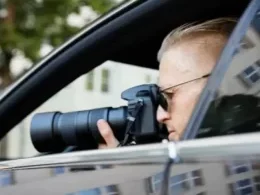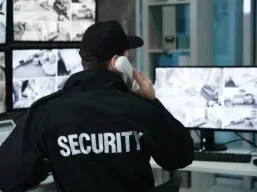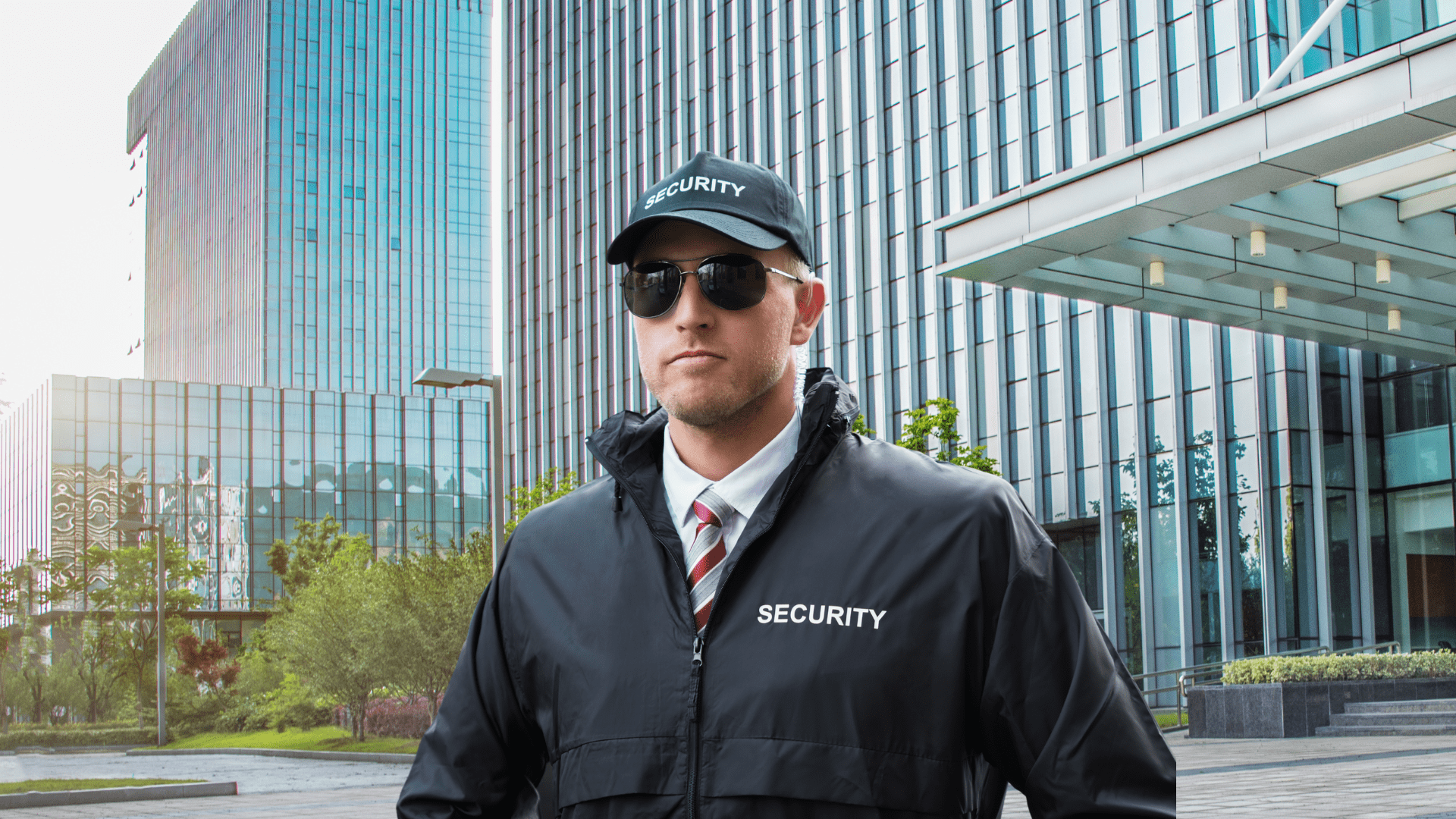As can be seen in popular films and TV series, private investigators use their advanced sleuthing skills to investigate individuals and companies and find out whether or not they are guilty on some charges. Anyone who wishes to become a private investigator may need to develop skills that might not be as important in other areas of law enforcement but still essential in the field.
If you wish to pursue your dream of becoming a private investigator, you do not need to complete a university degree or diploma. Instead, you can also take a Certificate III in Investigative Services. Let’s take a closer look at the skills you will be learning in private investigator classes.
1. Observation Skills
To succeed in the field of private investigation, you need an eye for detail. Bear in mind that your ability to catch the smallest pieces of evidence can make or break a case. It pays to be thorough as every clue is important to an investigation.
In a private investigator course, you will be learning these must-have skills. You also will be learning report-writing skills to write quality reports and log relevant information for when you need it.
2. Legal Knowledge
You also need to learn some basics of the law to earn your Certificate III in Investigative Services statement of attainment. A nationally accredited private investigator course includes education on the relevant codes, acts, and statutes in your state and how they apply to your line of work. The course prepares you for judicial proceedings when you have to present evidence in a legal environment.
It pays to treat every investigation you take on as if it could go to trial. You also have to keep in mind how you can become involved in intimidation while undertaking investigation or surveillance as defined by the law. Intimidation is a big no in law enforcement.
3. Tech Skills
In many fields, being computer-literate is necessary. Private investigators are no exception here. You will learn how to work your way around digitised databanks and how to use devices like video surveillance equipment and GPS trackers.
You can be more efficient as a private investigator when you have a good understanding of your technology. Private investigator courses are designed to help you familiarise yourself with your surveillance tools in particular. Other tools that you need to learn how to use optimally include still cameras, video cameras, and audio equipment.
4. Communication Skills
Being a private investigator is a solitary role, and you will mostly spend long hours doing surveillance or writing up reports. But there are also times when you need to interact with people, which is why you need good people skills. This is especially true during interviews, which can involve complex communication techniques.
In a private investigator class, you will learn how to communicate effectively and courteously with people from different backgrounds, how to interview witnesses, speak with family members of missing persons, or collaborate with the police. After completing Certificate III in Investigative Services, you should be ready to take on the role of a private investigator and always put tact and compassion in every investigation you handle.
5. Confidentiality
While private investigators aren’t bound by the same confidentiality agreements as medical or legal professionals, they still have to maintain high levels of confidentiality in all their interactions. Your clients will appreciate you more if you can stay tight-lipped. If you go the extra mile of having a confidentiality policy, you can easily earn your clients’ trust.
A private investigator training course will teach you the value of confidentiality. It prepares you on the field, so you will be careful about sharing any details with anyone not related to an investigation. You can get guidance in drafting your confidentiality policy to assure your clients that you’re the type of investigator to be trusted with sensitive information.
6. Analytical skills
You will need well-developed reasoning skills at every step of your investigation. When gathering and analysing the evidence, you have to be objective from start to finish. As a private investigator, you need to refrain from making decisions based on emotions.
A private investigator course trains you to apply logical reasoning in situations to decipher the truth. With great analytical skills, you should be able to decipher the evidence and come to the correct conclusions.
7. Organisation
You can expect to have more than one client at one time. So, you must remain organised when dealing with multiple cases and keep them separate. With organisational skills, you won’t mix up evidence.
Take note that you have to handle sensitive information. This is why you need to have a reliable system. In a private investigator course, you will learn some simple techniques to stay organised.
Learn Different Skills to Become a Private Investigator
Are you ready to venture into the field of private investigation? If your career goal is to become a licenced private investigator, you have to complete Certificate III in Investigative Services. We offer this private investigator course at the Australian Training Institute. Enquire about the enrolment process today.



